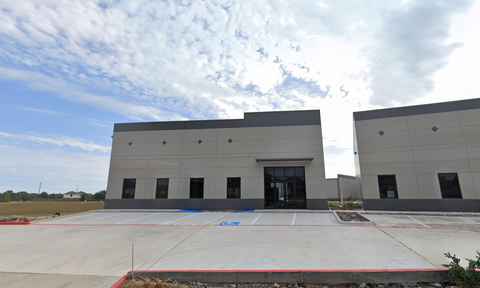Aging is a crucial and fascinating aspect of premium cigar production that can dramatically transform the smoking experience. Just like fine wines and spirits, cigars develop new dimensions of flavor and complexity as they mature over time. Proper aging allows the tobacco to mellow, harmonize, and unlock subtle notes that are often hidden in younger cigars. For both enthusiasts and novices, understanding the significance of aging can help you appreciate the craftsmanship behind every cigar and decide when to enjoy them for maximum satisfaction.
What Does Aging Do to a Cigar?
Tobacco leaves, once harvested and cured, continue to change chemically over months and years. Aging promotes the slow oxidation and fermentation of the tobacco, which leads to:
-
Smoother Smoke: Harsh or sharp edges in the flavor soften, resulting in a more mellow and balanced profile.
-
Complexity: New flavor layers emerge—notes of nuts, spices, cedar, leather, or sweetness may become more pronounced.
-
Consistency: Variations within the tobacco blend tend to even out, creating a more harmonious smoking experience.
-
Reduced Harshness: The nicotine impact may mellow, making cigars more approachable for sensitive smokers.
How Long Should Cigars Be Aged?
Aging times vary depending on the cigar and personal preference. Most cigars are enjoyable fresh, but aging can add depth and richness:
-
Short-term aging (6 months to 1 year): Softens the bite and sharpness; ideal for those seeking a smoother introductory cigar.
-
Medium-term aging (1 to 3 years): More complex flavors develop, balance improves, and the cigar becomes more nuanced.
-
Long-term aging (3+ years): Highly prized among collectors, cigars can develop rare, rich, and subtle flavors, sometimes drastically different from the original profile.
Factors Influencing Aging
-
Storage Conditions: Ideal aging requires controlled temperature (~65-70°F) and humidity (~65-70%) to prevent mold or overdrying.
-
Tobacco Quality: High-quality tobacco responds better to aging, with more notable improvements.
-
Cigar Construction: Well-made cigars with good rolling and consistent blends age more gracefully.
Types of Cigars That Age Well
-
Full-bodied cigars: These tend to benefit the most from aging, as the strong flavors mellow and gain complexity.
-
High-quality blends: Premium cigars from Cuba, Nicaragua, and the Dominican Republic with rich tobacco tend to improve.
-
Limited editions and rare cigars: Often designed to be aged for connoisseurs seeking unique flavor evolutions.
How to Age Cigars Properly
-
Store them in a humidor that maintains consistent humidity.
-
Avoid temperature fluctuations or direct sunlight.
-
Rotate cigars periodically to ensure even aging.
-
Use cedar-lined humidors or cigar jars to enhance flavor.
-
Patience is key — resist the urge to smoke immediately if you want the full benefits.
When to Smoke Your Aged Cigars
Personal taste determines the perfect moment. Some smokers enjoy fresh cigars for their vibrant punch, while others savor aged cigars for their mellow sophistication. Experimenting with different aging periods can help you find what suits you best.
Final Thoughts
Cigar aging is both an art and a science that elevates the tobacco from a raw product to a refined luxury. With time, patience, and proper storage, cigars become more flavorful, balanced, and enjoyable. Whether you’re a casual smoker or a collector, appreciating the value of aging opens new doors to the world of premium cigars, enhancing every puff with rich history and tradition.





